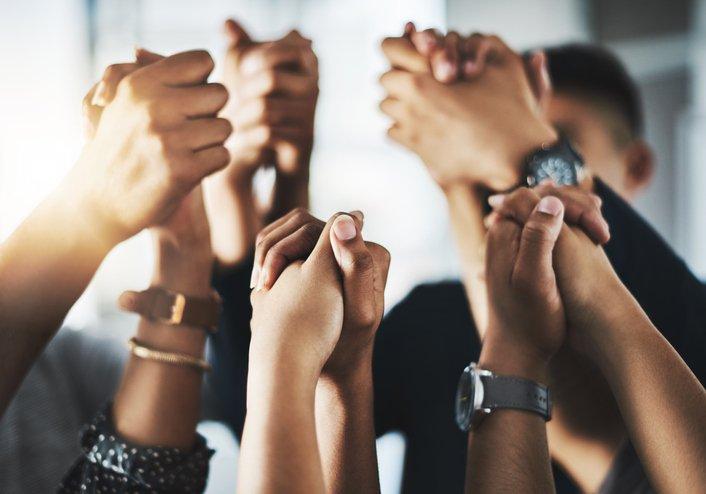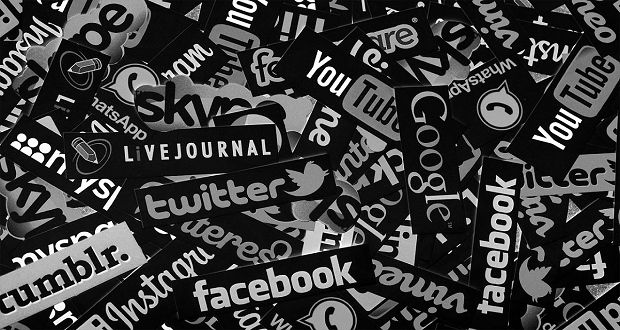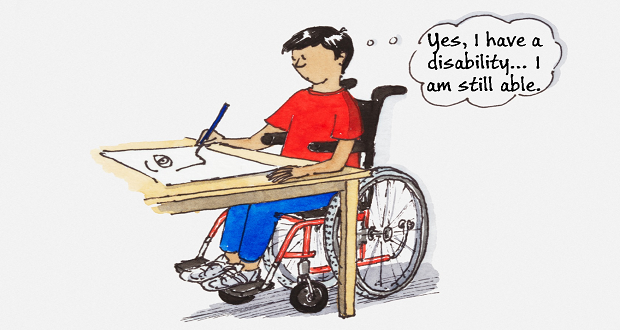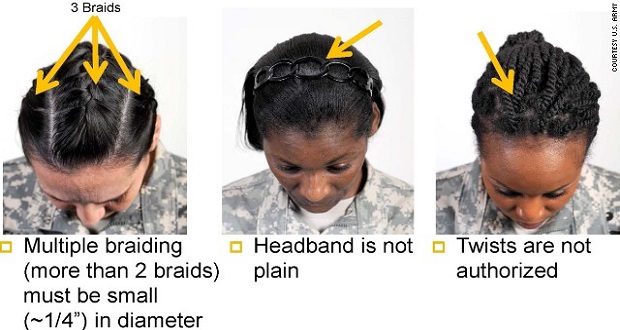
Growing up, I was a good student. A good daughter. A good sister. A good friend. A good “girl.” I observed the world around me and showed up accordingly. I looked externally for indications of how I was supposed to show up and found validation from others that I was doing it “right.” For many years, I found my self-worth in my grades, in the worthiness other people determined for me. I showed up exactly how everyone else expected me to.
After learning about the difference between “belonging” and “fitting in” — “Fitting in is about assessing a situation and becoming who you need to be to be accepted. Belonging, on the other hand, doesn’t require us to change who we are; it requires us to be who we are” (The Gifts of Imperfection by Brené Brown) — I see now that I grew up fitting in to my surroundings, rather than finding belonging, first within myself, and then in every space I entered. This opened up confusion and challenges around finding myself within it all.
However, the books I read and the TV and movies I watched all centered stories of people who looked like me — namely white characters, often with a middle-class background, and happy families. I was living in a world that reinforced me and people like me as the “norm.” Eventually, this left me with a lot of fitting in to worry about and privilege to dismantle.
I realize now the ways that I saw these forms of media as a barometer for how I was “supposed” to show up. Because I looked externally for validation and understanding, the media shaped who I was and how I moved through the world. I thought I knew who I was, but I really just became what everyone else expected me to be — a cog in the system, a shiny beacon of upholding the status quo, with a gold star on my chest for my efforts in complicity. And nothing in my path in those early years disrupted this notion until I went to college.
My first year of college was a combination of themes that reinforced the arbitrary (read: heteropatriarchal white supremacist) norms expected of me and the world, as well as themes that disrupted the foundation my life had been built on.
Through a more integrated curriculum, I began to learn from different perspectives in classes that shattered my understanding of the world. I remember feeling defensive while reading “To Hell with Good Intentions” by Ivan Illich for a class that ultimately split me right open and helped me begin to deconstruct my own conditioning within a world composed of binaries, interwoven by the status quo. I no longer saw the world through the lens of good or bad; nuance and color began to fill in the picture. I no longer dug my heels in based solely on my intentions, but rather learned to extend my compassion to prioritize the impact of my actions. I began to seek belonging, rather than merely fitting in, for myself and those around me — no matter our similarities or differences.
This led me to seeing the world differently.
Then, I studied abroad for two semesters in India, South Africa, Brazil, Switzerland, and Morocco, where I learned from people of different backgrounds and religions and identities and political contexts. I lived with families who were Sikh, Muslim, Christian, queer, immigrants … all with worldviews that expanded my own. And what I took away from those experiences was less about the differences I learned about and experienced, but rather that it was all interconnected, that we are all interconnected.
Studying abroad through an experiential education pedagogy and engaging in systems-thinking within the global studies department at my home institution brought me to a “problem-posing education” model that is named in Paulo Freire’s Pedagogy of the Oppressed, defined as: “a method of teaching that emphasizes critical thinking for the purpose of liberation.” To me, this is integral in our DEI efforts.
I met students who were part of the Rhodes Must Fall movement — calling for decolonization of the University of Cape Town — who were living the praxis of decolonization, and not merely in metaphorical terms. This challenged my thinking and disrupted my life, once again, in important ways. It put me face-to-face with the reality that social and political movements throughout history are not closed books but are rather moments in time that are connected to our current reality.
Throughout both of my semesters abroad, I talked with advocates and professors and sangomas and witch doctors and art therapists and mental health professionals — all through the lens of mental health. Many helped me reframe mental health from a personal/individual challenge (which is the Western notion) to a systemic and social view of mental health as it is connected with the larger human experience under systemic systems of oppression and exploitation. Reframing mental health challenges from maladaptive symptoms to fix, to reality-based coping mechanisms for surviving in a world where no one is free, helped me reframe movements toward liberation as well.
I learned that there are no individual solutions to systemic problems. And that whatever problems my community was facing locally, were connected to those being faced anywhere else in the world.
As I entered into the professional world, these perspectives shaped what I was interested in pursuing. For the first several years of my career, I worked within global education, helping to send students on study abroad programs, just as those before me helped support my own journey. Through this work, I was introduced to DEI. We used a DEI framework to course correct and expand the work we did. Study abroad programs were historically rooted in exclusion-based policies because they were originally designed for white, well-off students (often male, in those early days, and now, statistically, white women). The necessity of DEI is rooted in the exclusionary design and intention of study abroad, and all other industries and systems. DEI, like accessibility, shouldn’t be seen as an add-on or nice-to-have, it is essential to work toward more just, equitable, and inclusive systems.
“Accessibility isn’t extra steps, it’s steps you’ve missed.”
Nick Tillem
As I continued to engage in this work, I revisited those calls for decolonization, which became the framework that shaped how I understood the importance of radical DEI work.
If we center the lived reality of the world, diversity is inherent. So, when we talk about DEI, it is helpful to name the systems for what they are, because DEI should be the norm/neutral. A world without DEI is exclusionary and upholds a specific image of “norms” rooted in white supremacy. As such, the status quo is rooted in a heteropatriarchal white supremacist capitalist system. When we consider the lived experiences of our entire human population, whiteness and Western-centered thinking is very limited in scope when compared to the vast diversity of experience, identity, religion, ethnicity, culture, etc. in the world.
Any system — be it educational, judicial, healthcare, etc. — that does not center radical DEI, is inherently exclusionary and will continue to uphold the status quo of the heteropatriarchal white supremacist capitalist society we have embraced as neutrality.
As such, radical DEI (inclusive of decolonial frameworks) is necessary for belonging. Necessary for equity. Necessary for justice. Necessary for liberation. And the people who currently hold power see this as a threat because they know that a DEI-centered curriculum/system can serve as a catalyst for developing more critical thinkers who will work to create systemic change in effort to dismantle the status quo.
The more my world is shaped by my focus on decoloniality and deconstructing the conditioning society forced on me, the more I have learned about nervous system regulation, identity exploration, and self-expression. My understanding of my sexuality and gender have shifted and ebbed and flowed, taking new shapes and forms in playful and joyful ways. This process has allowed me to find myself as my center — belonging to myself first — so that when I show up, I can meet others as they are, too. I no longer seek to be good, to be perfect, to be right. I seek to be authentic and principled and committed to doing the work needed for liberation of all people.
DEI is about embracing people as they are and encouraging them to be exactly who they are: Loudly, proudly, and with conviction. Radical DEI is about deconstructing our heteropatriarchal white supremacist capitalist society that upholds global imperialism.
Representation is important, but that should be the bare minimum — a representation of humanity, rather than that of whiteness, should be the norm. A radical DEI framework requires us to shift how we view our positionality in disrupting and deconstructing the status quo, as well as building something new. This framework allows for us to understand imperialism and capitalism for what they are — systems of global oppression, violence, and exploitation that need to be dismantled and replaced by more equitable systems that center the preciousness of life.
Our liberation is interconnected. And although DEI isn’t the revolution, it is the pathway to make sure that all people are represented, supported, and celebrated — not just those who are currently in power and control.
So, when we call for DEI, or rather, when I call for radical DEI, please don’t forget that that includes a call for immediate ceasefires and ends to ongoing occupations/sieges, for Land Back, for humanity over profit, for masking and continued COVID-19 precautions, for keeping each other safe, for the well-being of Mother Earth over the stock market, and for the collective liberation of all of the people, plants, and animals that make up this home we call Earth.
None of us are free until all of us are free; therefore, our struggles for liberation are connected. Together, we will change the world.


















